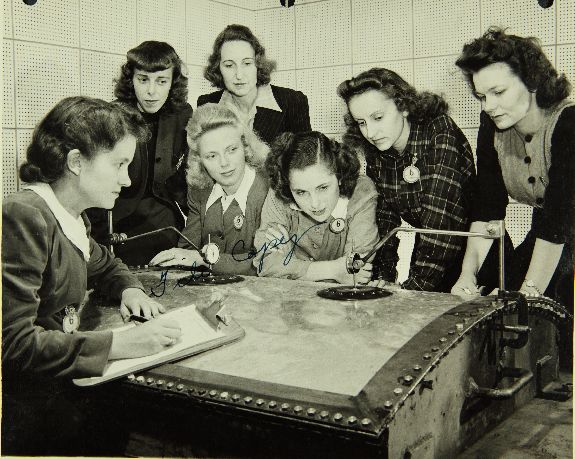 Ever thought of using a focus group? Neither had this comms officer. The results were surprising...
Ever thought of using a focus group? Neither had this comms officer. The results were surprising...
I must admit that I’ve always been a bit sceptical about focus groups. Yes, they might give an indication of public opinion and yes, they give your work some ‘real life’ legitimacy but look at the downsides: they are bound to be a self-selecting, self-opinionated group of busybodies. At best, they will give you opinions that don’t really match the way you want to take your work forward and, at worst, they’ll tell you how to do your job.
So, it was with some trepidation that I approached my boss’ ‘suggestion’ that I run some focus groups to help the development of our residents’ magazine. The sessions have taken place over the last month and, as you, a seasoned comms professional will already know, I could not have been more wrong. They have been brilliant. We used a market research company to recruit participants and paid them to attend, meaning we attracted parents and working people who might not have given their time for free. Our Customer Insight team worked out a creative session plan in which participants cut, glued and drew to make their own magazines. Whilst none of these creations is ever going to rival Wallpaper or i-D magazine for style, they do give a very clear indication of the content people want and what sort of pictures they connect with. Three really clear themes have come out of the focus group sessions, one of which I suspected might be the case, but two which caught me out completely.
- I thought people weren’t interested in councillors. Wrong. They are actually very interested in who represents them, what they do and how they can contact them. The problem comes when people perceive that councillors are electioneering or self-promoting, so we are going to adjust how we feature our councillors, making them more accessible to the people they represent.
- I thought most people broadly understood, or at least had some vague concept of, the services they pay for. Wrong. The vast majority of people in the focus groups had no idea what the county council does, especially when compared to their district or borough council. One of our key drivers is demonstrating value for money, but how can anyone decide if we give good vfm if they don’t know what we do? It also turns out that saying how much money we spend in total doesn’t really help either: £x million on roads doesn’t mean anything, but to say we spend 13p of your council tax on winter road maintenance in your area does. I suspect that getting these kinds of figures for all of our services might be difficult, but it is what people want to know and they absolutely have the right to.
- I thought people were only interested in their local area. Right. This actually varies a bit in how far people look away from their home town or village, but no-one in the groups was interested in what was happening more than 45 minutes drive away from their home. In Staffordshire it takes 2.5 hours to drive from one end of the county to the other, and so the majority of the magazine could be irrelevant for the majority of people. We can’t afford the huge cost or massive time commitment involved in producing a different magazine for each of our eight districts every three months, but we could devote a page or two to different districts on a rotating basis.
The insight gained from the focus groups will really push our residents’ magazine forward, and suddenly I’m a big advocate. Around half of the people we talked to have even volunteered to comment on future editions of the magazine before it goes to print (for free), giving us an independent view. I’ve suggested that we try to find the money to run general comms focus groups a couple of times a year to ground us back in the real world and pop our comms bubble.
So my boss was right, which is why he is a Head of Comms and I’m not, and maybe I’ll try not be swayed by personal prejudice next time. Sir Alec Issigonis may have been right when he said that a camel is a horse designed by committee, but at least our committee should help stop our residents’ mag becoming a donkey.
Julie Waddicor is Senior Campaigns Officer at Staffordshire County Council.
